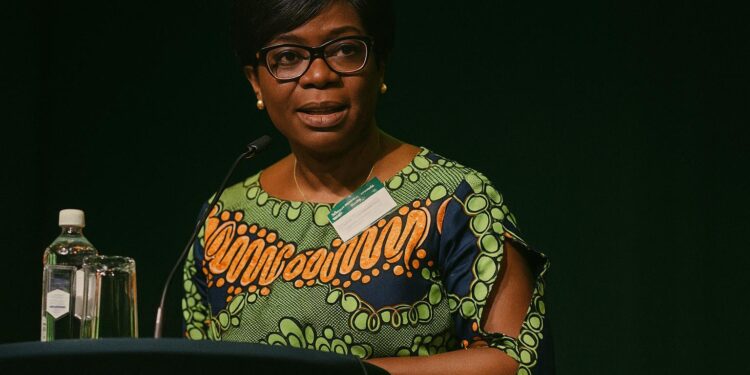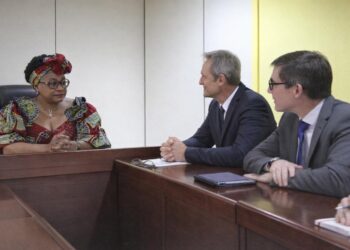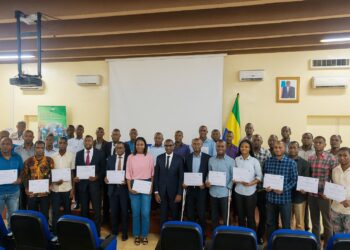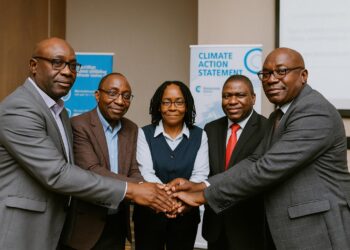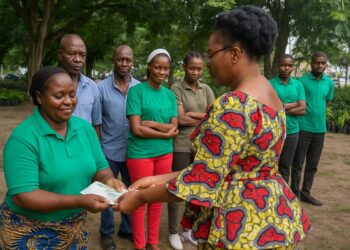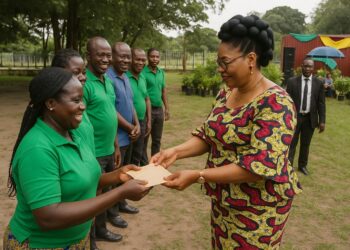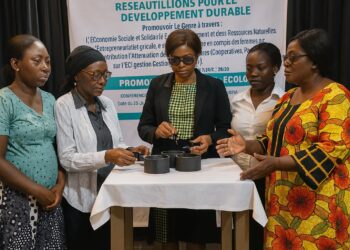Lawful architecture for a changing climate
By endorsing the new decree on 23 July in Brazzaville, the Council of Ministers has placed environmental and social impact assessments (ESIA) at the centre of Congo-Brazzaville’s development grammar. The text operationalises Law 33-2023 of 17 November 2023 on sustainable environmental management, turning a broad legislative commitment into enforceable procedure. Minister of Environment and Sustainable Development Arlette Soudan-Nonault pointedly described the measure as an ‘administrative compass’ for any socio-economic project, a remark that echoes the tenor of recent United Nations Environment Programme guidance urging states to embed climate considerations across ministries (UNEP 2023).
The decree supersedes its 2009 predecessor, filling evident lacunae that had surfaced over the past decade of infrastructure expansion. It codifies updated thresholds, clarifies public consultation timelines and introduces an obligation for cumulative-impact analysis, bringing Brazzaville closer to the benchmark methodologies applied by multilateral lenders such as the World Bank (World Bank ESF 2022).
Forest stewardship meets diversification strategy
The policy arrives at a delicate conjuncture for a country that remains simultaneously a hydrocarbon exporter and the guardian of the world’s second-largest tropical rainforest massif. While oil still supplies roughly 60 percent of state revenue, the 2022-2026 National Development Plan foresees a pivot toward agriculture, special economic zones and mineral transformation. Each of these ambitions intersects with fragile forest and riverine ecosystems, amplifying the relevance of rigorous ESIA procedures.
Officials in Brazzaville frame the decree not as a constraint but as a catalyst for credible diversification. By offering clear guidance to project developers and consulting firms, the government seeks to reduce the reputational discount often attached to Central African risk profiles. Investors attentive to environmental, social and governance metrics may interpret the measure as an insurance policy against future litigation, a reading consistent with the African Development Bank’s latest sustainability outlook (AfDB 2024).
Regional expectations and multilateral optics
Congo’s neighbours have been active in updating their own ESIA regimes; Gabon amended its code in 2019, while Cameroon adopted a stricter liability clause in 2021. By aligning its framework with these regional comparators, Brazzaville preserves its seat at upcoming Congo Basin Forest Partnership discussions and reinforces its narrative as a climate-solution country. Diplomats note that President Denis Sassou Nguesso’s longstanding advocacy for the ‘Blue Fund for the Congo Basin’ gains persuasive traction when flanked by domestic instruments of accountability.
Paris and Brussels, key partners in the Central African Forest Initiative, are quietly signalling approval. A senior EU envoy confided in private that the decree ‘ticks a crucial due-diligence box’ for potential carbon-credit transactions envisaged under Article 6 of the Paris Agreement. Such remarks imply that the text’s significance extends beyond national borders into the architecture of global carbon governance.
Administrative capacity and phased implementation
The decree entrusts oversight to the Ministry’s Directorate-General for Environmental Assessment, an agency whose staffing levels have doubled since 2021 with support from the German Development Corporation. New digital platforms are expected to streamline the screening of smaller projects, while strategic assessments for large-scale ventures—ports, hydropower, transnational highways—will still involve on-site missions. Government insiders concede that provincial coordination remains uneven, particularly in Cuvette-Ouest and Likouala, where logistics are hampered by seasonal flooding. Yet a pilot programme funded by the Global Environment Facility is earmarked to bridge precisely those gaps.
Civil-society observers welcome the decree’s provision for community hearings, although they caution that effective participation hinges on early disclosure of technical documents in Lingala and Kituba. The administration insists that translation budgets have been ring-fenced, a claim that will be tested in the forthcoming review of a palm-oil concession near Oyo.
Balancing investor certainty with local benefit
From the vantage point of international finance, predictability often outweighs leniency. The decree clarifies liability ceilings and stipulates escrow guarantees to cover post-project rehabilitation, a clause patterned on Canadian mining legislation. For communities, the promise lies in mandatory social baseline studies, which are expected to inform benefit-sharing agreements. The experience of the Bétou timber corridor, where an escrow-fund model reduced conflict incidents by 40 percent in two years (CIFOR 2023), offers a template for replication.
Ultimately, the text invites a subtle but profound recalibration of the developmental compact in Congo-Brazzaville. By weaving environmental due-diligence into the investment narrative, the government aspires to demonstrate that climate responsibility and economic ambition can cohabit without contradiction. The months ahead will reveal whether enforcement matches aspiration, yet the decree already signals that green governance has moved from the margins to the mainstream of national policy.

































